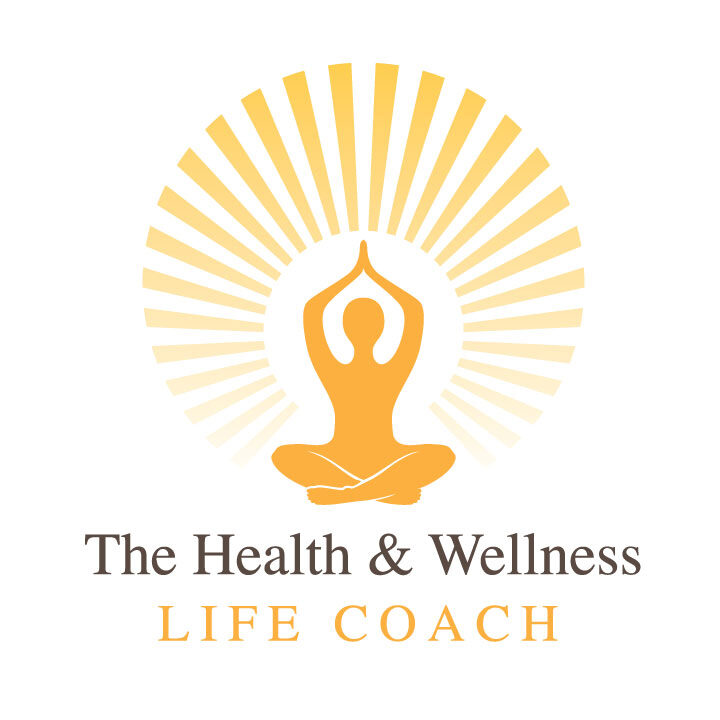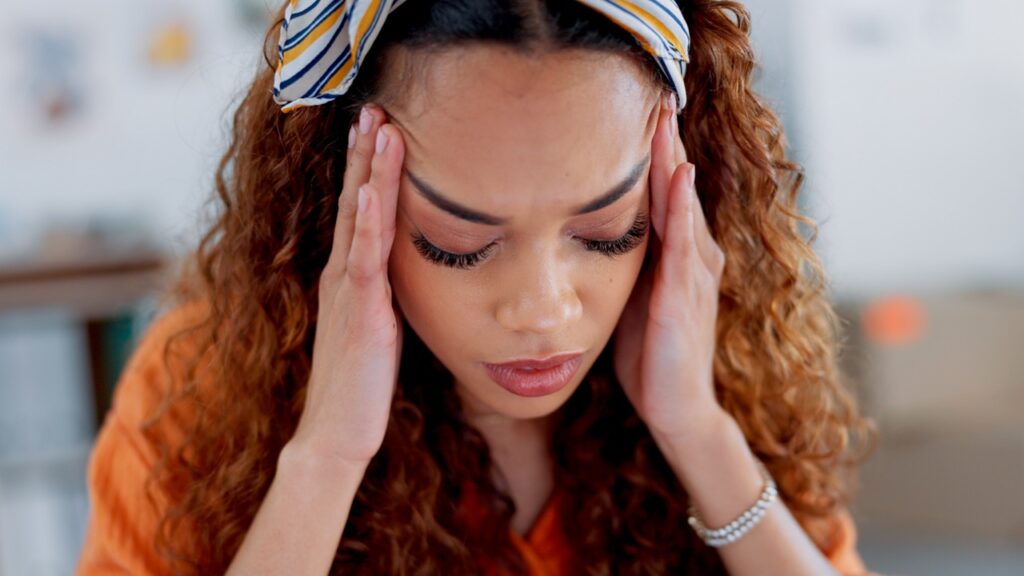
The need to reduce stress and anxiety is common in our fast-paced world, but many people struggle to find calm in the middle of chaos. They don’t have a plan to control their stress and anxiety and find a sense of peace. This blog provides 15 effective tips from Health And Wellness Jacqueline Ford to help you control anxiety and stress.
Here are some helpful tips to reduce stress and anxiety:
Acknowledge the Anxiety

Denial can intensify feelings. Recognize and accept that you’re anxious. It’s the first step in addressing and handling it.
Deep Breathing and Meditation
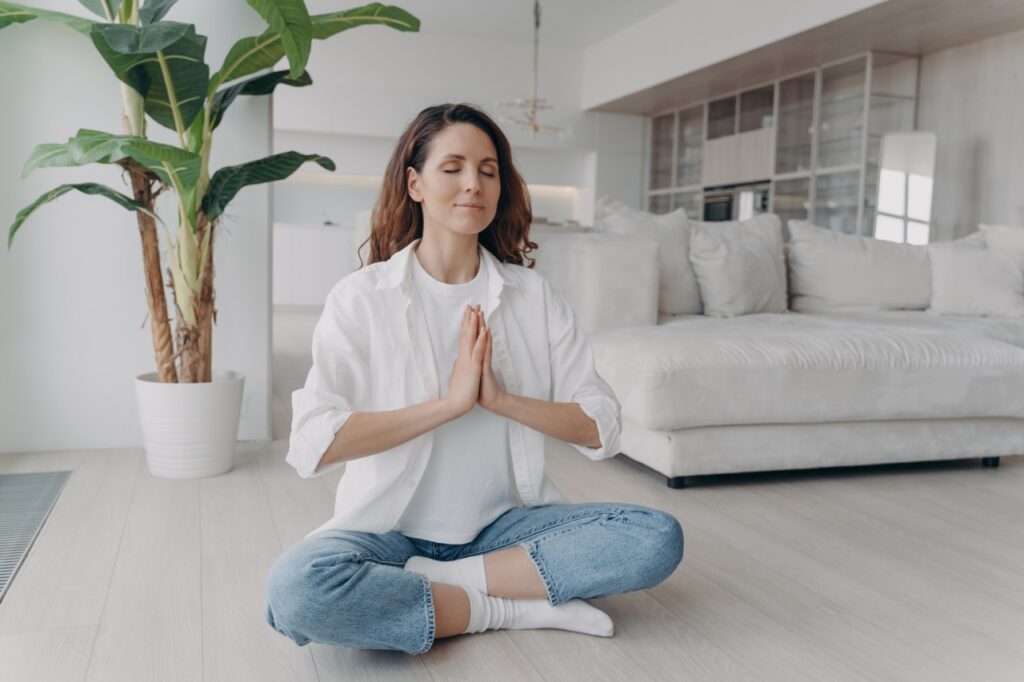
Taking slow, deep breaths can have an immediate calming effect. Meditation can help you stay centered and train your mind to stay calm during stressful situations.
Limit Caffeine and Sugar
Both can make anxiety worse. Focus on a balanced diet to nourish your body and brain to reduce stress and anxiety.
Physical Activity

Exercise is one of the most effective ways to reduce stress and anxiety. It releases endorphins, which are natural painkillers that also induce a sense of well-being.
Set Boundaries
Overcommitting and not setting limits can increase stress. Learn to say no when necessary and prioritize your mental well-being.
Stay Connected

Talk to friends or family about how you’re feeling. You’d be surprised how sharing can lighten the load.
Limit Exposure to Stressful Situations
This includes negative news, confrontational people, or anxiety-inducing situations. Protect your mental space.
Establish a Routine
A predictable routine can provide a comforting sense of structure.
Get Quality Sleep
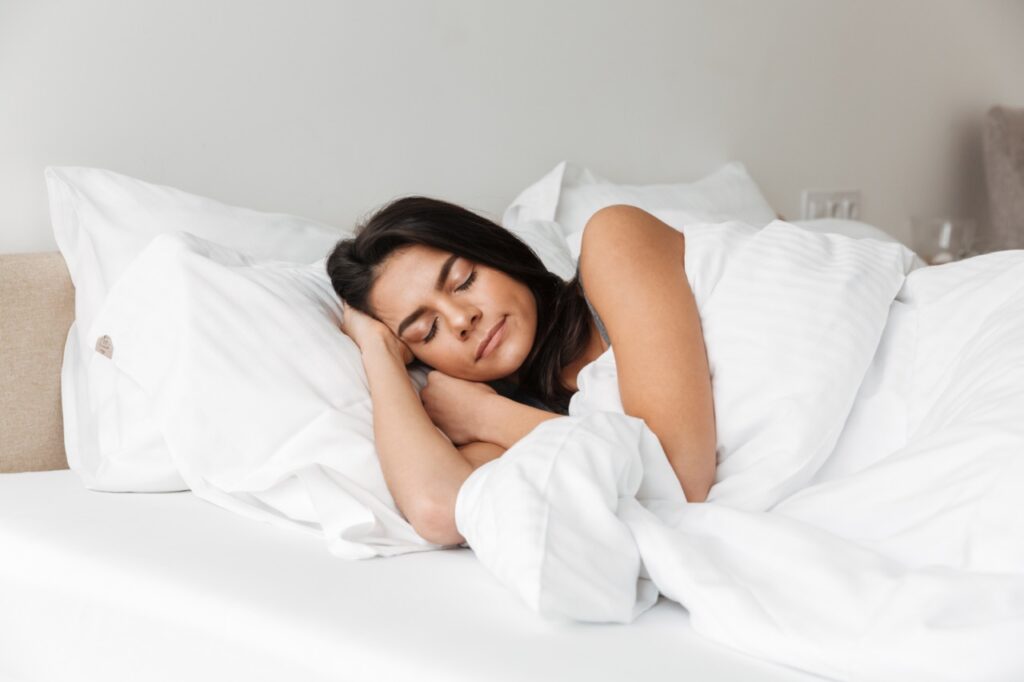
Lack of sleep can amplify feelings of anxiety. Prioritize 7-9 hours of quality sleep each night.
Seek Professional Help
If your anxiety becomes unmanageable, consider seeking help from a healthy and wellness coach or a medical professional to discuss a plan to help you reduce stress and anxiety.
Use Grounding Techniques
One popular method to reduce stress and anxiety is the “5-4-3-2-1” technique. It involves acknowledging five things you can see, four you can touch, three you can hear, two you can smell, and one you can taste. This helps divert your attention from the anxious thought and brings you back to the present moment.
Limit Screen Time
Excessive exposure to screens, especially before bedtime, can stimulate the brain and contribute to anxiety. Designate tech-free times or engage in digital detox weekends.
Practice Mindfulness and Being Present
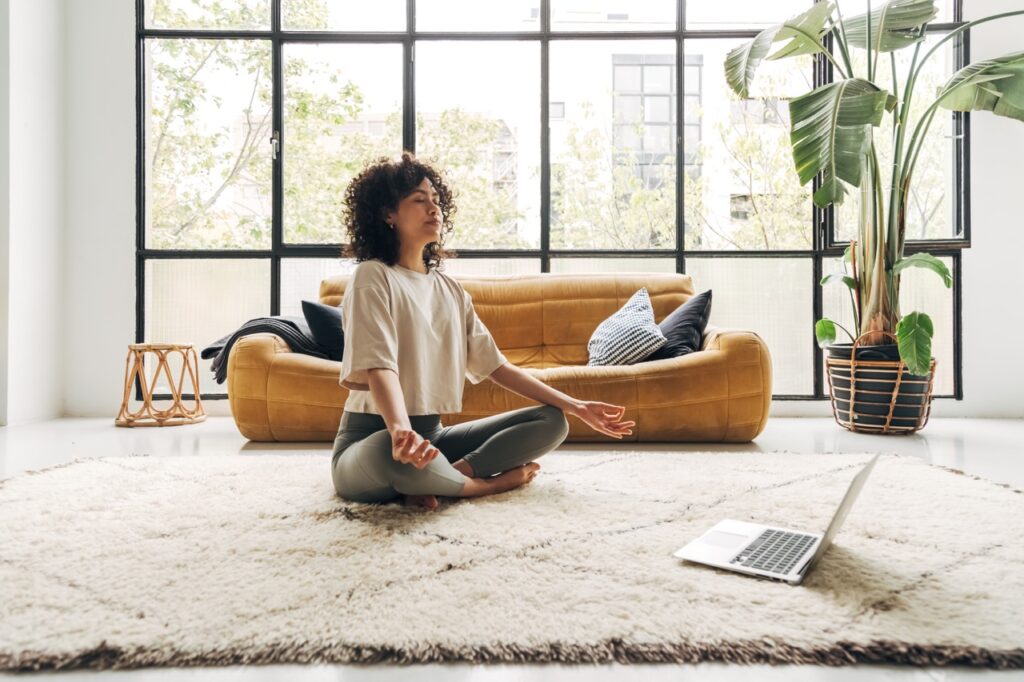
Practicing mindfulness encourages you to stay in the moment, reducing thinking about past regrets or future worries. Activities like mindful eating or walking can be a start.
Use Positive Affirmations
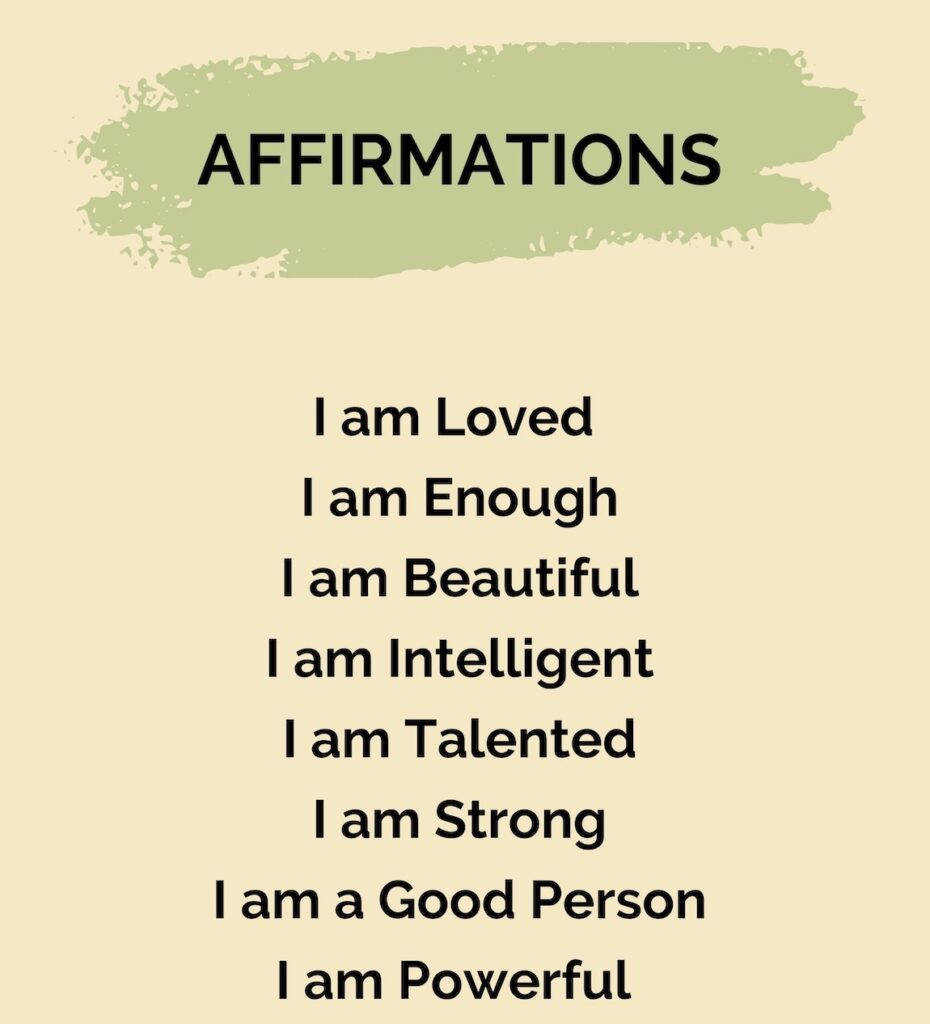
Replace negative thoughts with positive affirmations. Reminding yourself of your strengths and capabilities can reduce self-doubt.
Start Journaling

Writing down your feelings and concerns can provide an outlet for your emotions. It also allows you to reflect and find patterns in your thoughts.
Use Box Breathing To Reduce Stress And Anxiety
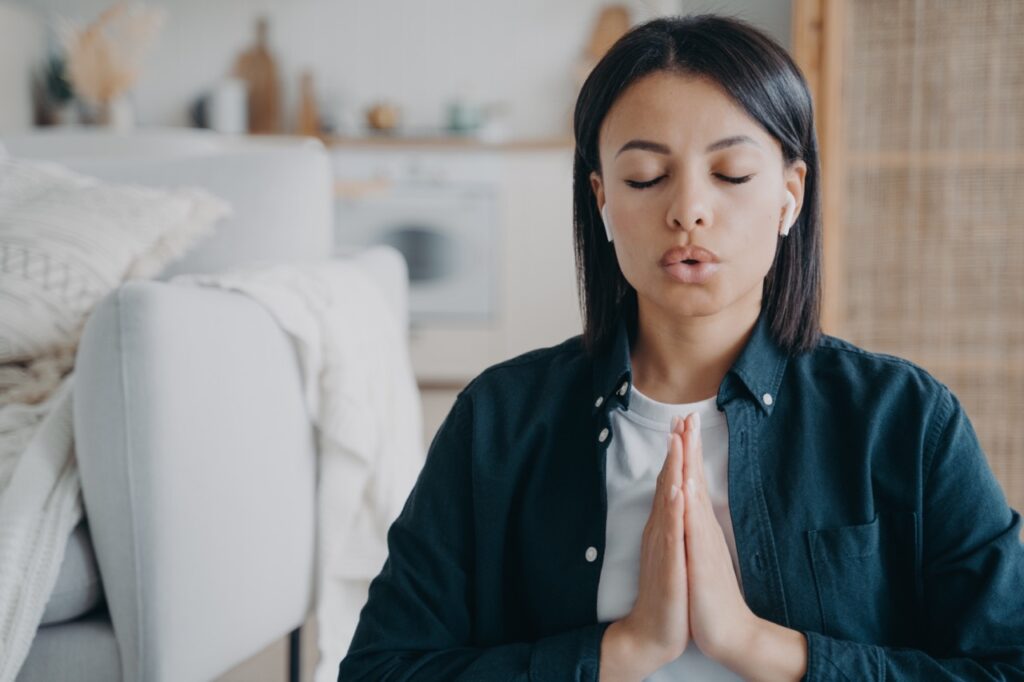
Box breathing is a simple but powerful relaxation technique that aims to return breathing to its normal rhythm. It can be effective for people who are anxious because it forces the mind and body to focus on the breath, leading to a sense of calm.
Steps for Box Breathing
Inhale
Take a deep breath in for a count of 4.
Hold
Hold your breath for a count of 4.
Exhale
Exhale slowly and completely for a count of 4.
Hold
Hold your breath with your lungs empty for a count of 4.
Repeat
Go through this cycle for a few minutes or until you feel calmer.
Reducing stress and anxiety to find peace and balance is possible by using some or all these effective techniques when you feel anxious or stressed. If your stress and anxiety are extreme or uncontrollable, consult your doctor.
